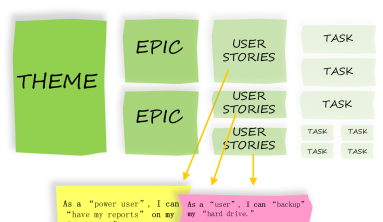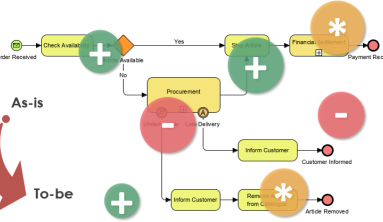Historically, there have been several cases when technologies have been rendered obsolete. Not forgotten, but buried deep in the past and only stapled onto history’s display board as examples of the development of programming languages.
In some cases, there are 50+-year-old technologies that still maintain a loyal fanbase. Take Cobol for example – a programming language invented in 1959 that played a role in the Apollo Moon Landing and is still used by administrative and government institutions today, despite its age.
On the other hand, some long-standing platforms survive by evolving. Their makers embrace change and mature to help these languages play significant roles in the development of today’s digital products. One shining example of technology’s ability to transcend time – is .NET.
.NET’s history and leap forward into interoperability
When Microsoft released .NET, their goal was to become the most used platform on the market by offering coders a better development environment. That was the attitude back then. Although they had invested inordinate amounts of money and developed the technology into a mastodon – there was one catch.
By using .NET, you were locked into a Microsoft-only environment. Additionally, costs involved with developing in this technology are steep. So, why would anyone use .NET, after all? And then…
.NET Core and Xamarin were released.
For the first time, .NET became an open-source, cross-platform technology – enabling the MSIL option for various programming languages such as C, C#, VB.NET, F#. This made way for interoperability meaning no matter which of the aforementioned programming languages was used – they all could be compiled into a common language.
New additions, several advantages
With the rise of IoT and connected devices, the idea of using only one development program is now outdated. Since devices need to be flexible and have the ability to connect to any type of OS, it would be almost impossible to use just a single technology.
This is precisely why .NET is such a great platform. Through its latest releases, it can now serve multiple development purposes such as desktop, web, mobile and console applications – making a popular choice for both start-ups and large businesses.
To sweeten the deal, open-source technologies mean big support and big communities who are there to provide helpful tutorials, tips and advice whenever you need it. Through these resources, the learning curve can be shortened.
In terms of advantages, it is noteworthy to include that .NET is highly customizable. Thanks to the availability of existing built-in libraries, frameworks and the ability to add new ones – creating a digital product using .NET reduces your time to launch and lowers development costs.
Because .NET is a complete development tool, it can be used to work on both the front and back-end of digital products if necessary. Even more, .NET has extremely robust and easy-to-use caching libraries. You can also use Visual Studio to write your code, which acts as a solid IDE – giving you access to the best environment for server-side debugging.
Security-wise, .NET has native libraries for this as well as the possibility to integrate your own systems, making it highly secure. Additionally, if the code is closed and compiled, even if it ends in the wrong hands – this would pose no significant security risk to your company.
.NET and its quest to overcome challenges
It bears mentioning that aside from all I outlined prior, .NET is an older development platform with years under its belt. Despite its age, it managed to become a mature and robust framework with the addition of .NET Core and Xamarin. In the past years, these platforms have undergone multiple updates (with more planned), which made them faster, more reliable, easier to use and above everything else – more flexible and secure.
Integrating .NET in your business functions can help you overcome a variety of challenges. One of them being security – what should be a top priority to all companies. Afterwards, would be the option to transcribe legacy code. Because many older web products available were written in ASP and ASP.NET, developers can come across loops and twists they don’t understand. Thanks to the latest .NET updates, you can now transcribe legacy code into C# or F# – making it easier to read and understand.
Additionally, .NET now facilitates easy maintenance and implementation of new features. Since it is an open platform technology with a large library and community available, enabling a Rapid Application Development is more than doable.
.NET is designed for platforms that plan to scale-up and is flexible enough to be adapted for enterprise-scale infrastructures. Through .NET you can develop cross-native applications for iOS and Android using Xamarin and develop IoT, AI, Machine Learning and Big Data solutions.
So, is .NET an outdated technology? Not at all.
Boost your team with .NET Developers
The concept of “Homo Universalis” or in our case “Developer Universalis” should be left where it was founded – in the past. Nowadays, businesses can’t take care of everything – and that’s alright. To focus on your core competencies – outsource your IT to a company with over 25 years of expertise.
Whether you want to transcribe legacy code, add custom features to improve your product, replace existing software, scale-up your platform to support international expansion or build a product from scratch that can scale-up later, we’re here to help.
Contact one of our team members and get started today.
We have a vast and complex .NET experience, with 200 full-time .NET developers available in 7 delivery centers, on three continents (Europe, Latin America and Asia), all of them seasoned with Agility and ready to embrace your challenges, no matter the size or the industry.






